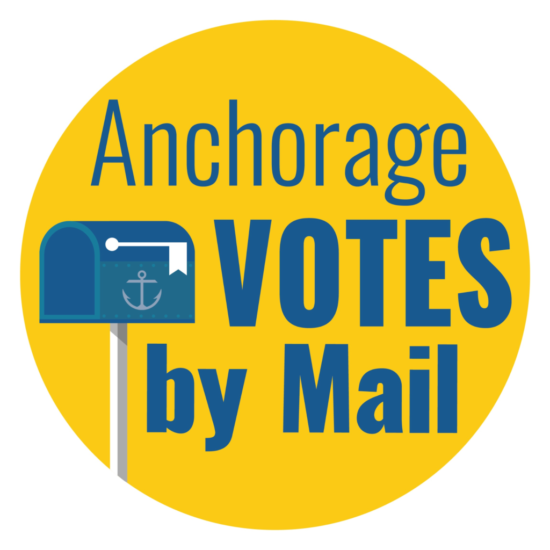The Alaska Public Records Act may have broad coverage, but a variety of exemptions and nonexistent penalties for refusing to release public documents leaves Alaska at the bottom of most freedom of information indexes.
Alaska’s freedom of information laws rank third to last among the states in a 2008 ranking by the Better Government Association. The index is based on response time, appeals process, expediency, fees for requests and penalties for not complying with the law. Alaska scored 0.5 out of 16 points, with the half-point coming for its appeals process.
Alaska does have a regulatory requirement to respond to requests within 10 days. But as was seen last year, the 10-day limit can be ignored without penalty.
A request filed by the Alaska Public Radio Network to access email conversations related to allegations of sexual assault and other misconduct in the Alaska National Guard filed in May had to be pursued regularly to only get a rejection letter in September.
Some of the documents were ordered released after a court battle and were made public shortly before the election. There hasn’t been any subsequent release of documents.
That’s where the lack of penalties comes into play, said Society of Professional Journalists board member David Cuillier. Cuillier, who served as the organization’s freedom of information chairman for four years, said the lack of penalties for breaking the law — because that’s what’s happening when public officials refuse to follow the Public Records Act — undermines freedom of information.
“You can have the best law in the country, but if there are no penalties, then you might as well not have a law,” he said. “Just like you and I get a fine for breaking the speed limit … our government officials should be held accountable for breaking state record laws.”
Without penalties or an independent review group that can force officials to comply with the law, most public records disputes are taken to the courts, which can be a slow and costly process both for people requesting records and for the government.
“We need affordable, cheap ways to hold government accountable rather than hiring an attorney and taking them to court,” he said. “There’s no way we can kick the bums out if we don’t know what the bums are doing.”
Via newsminer.com
image credit APEonline











